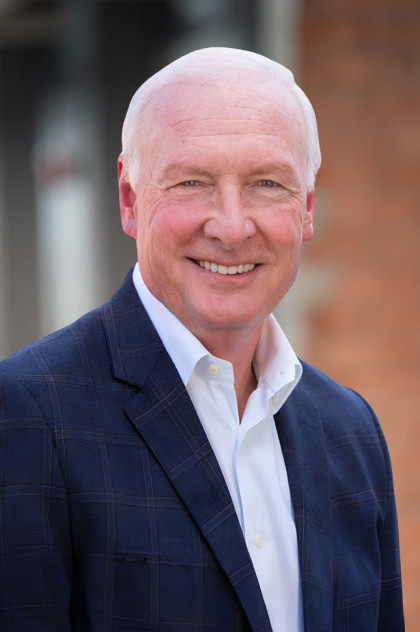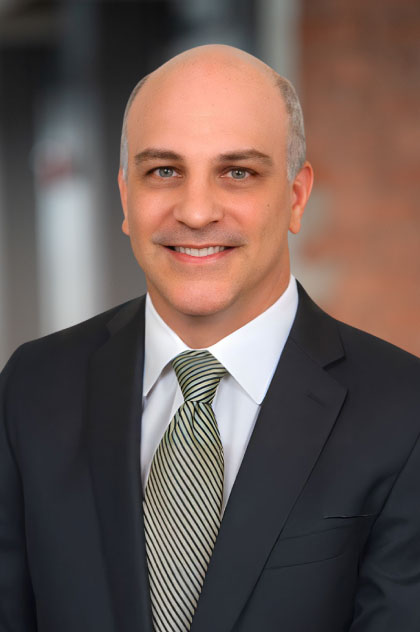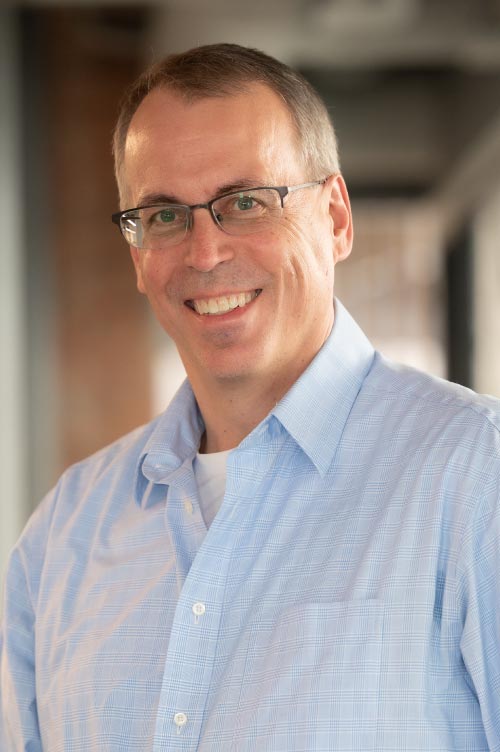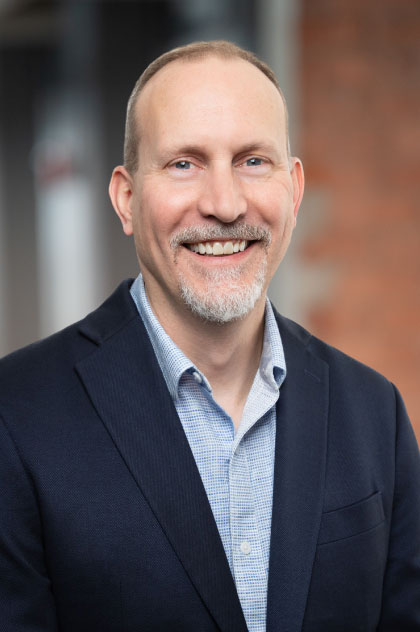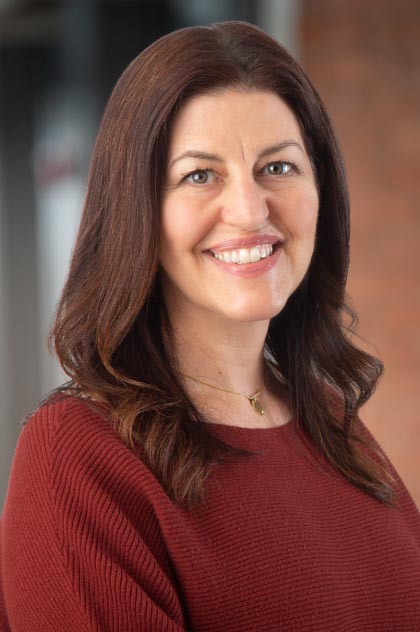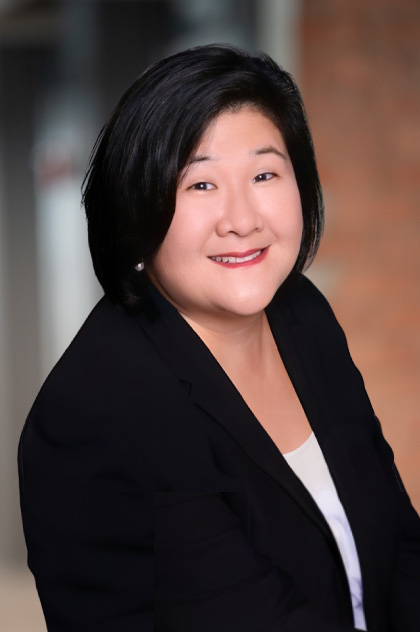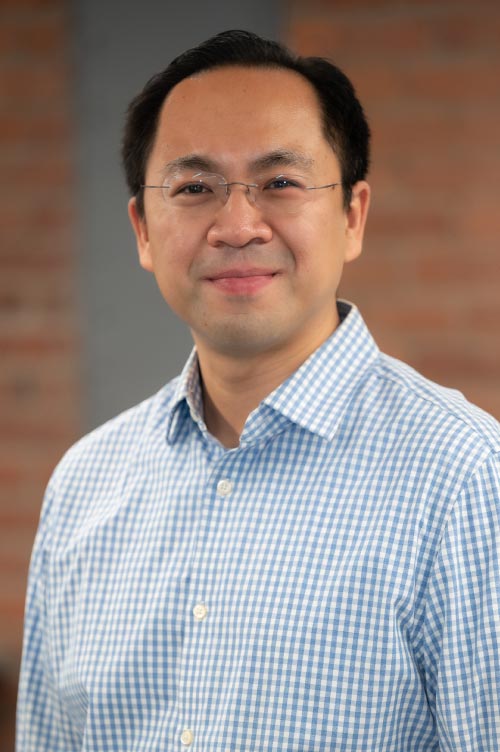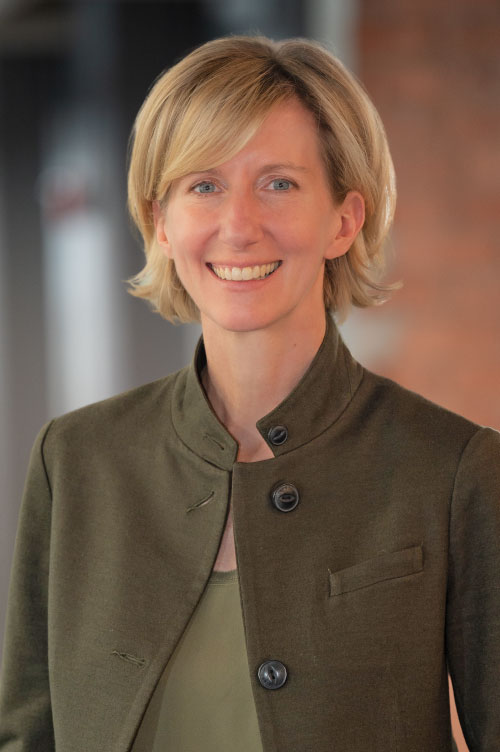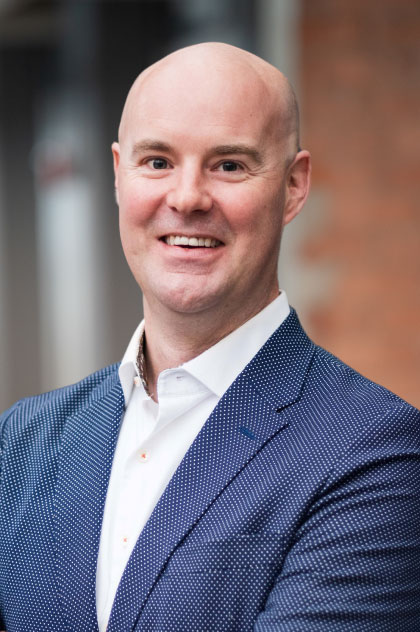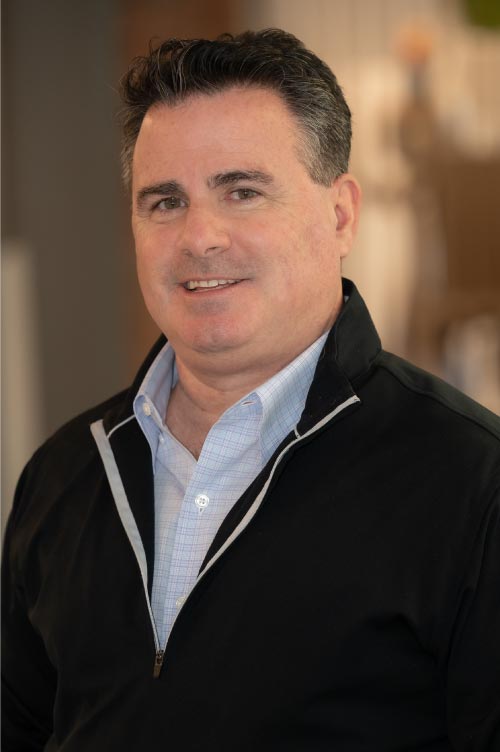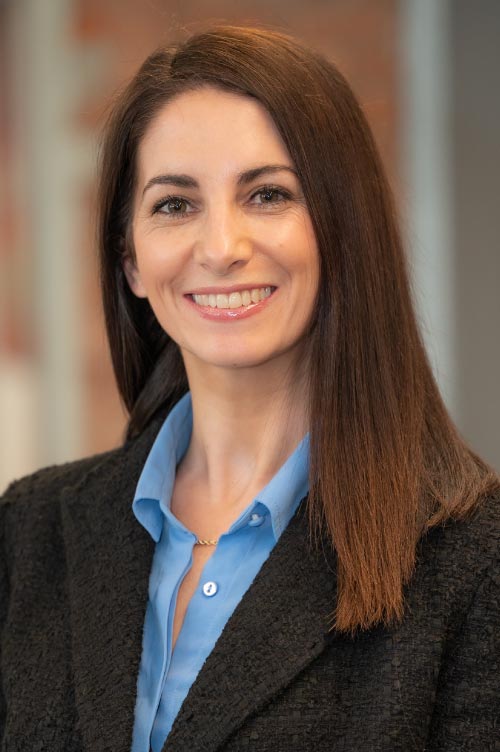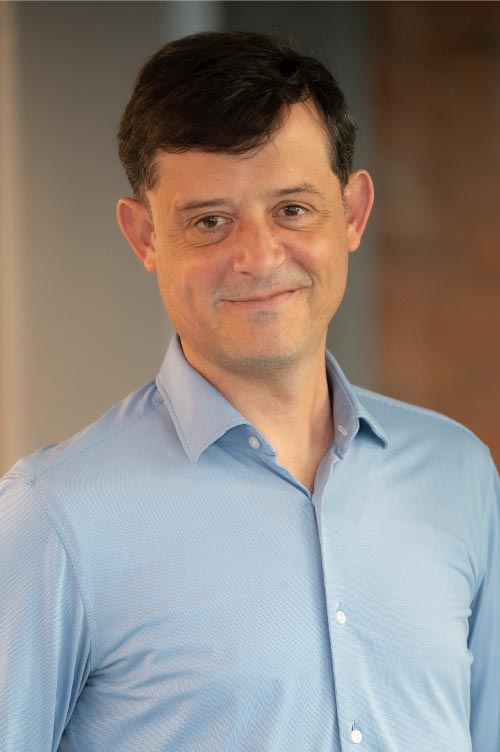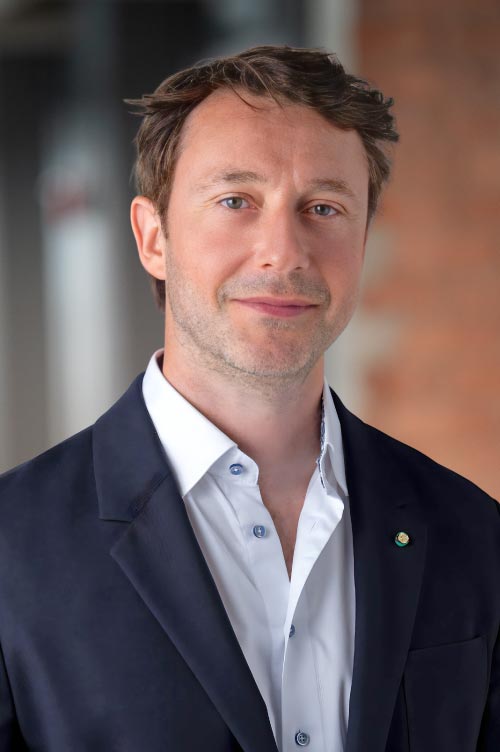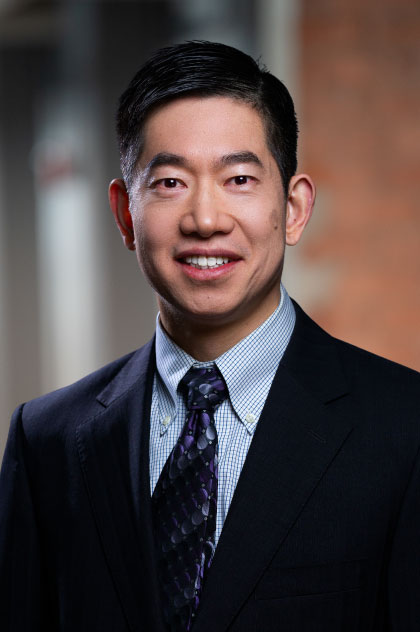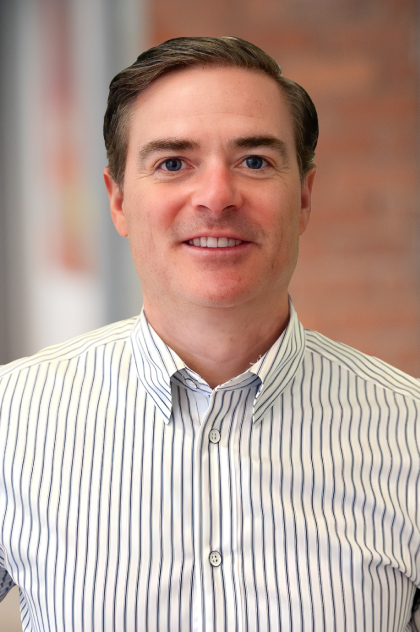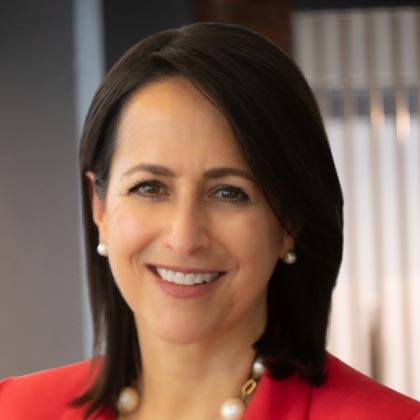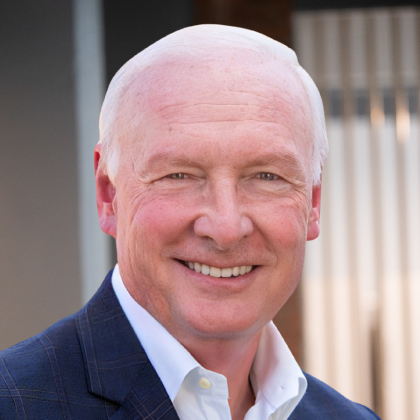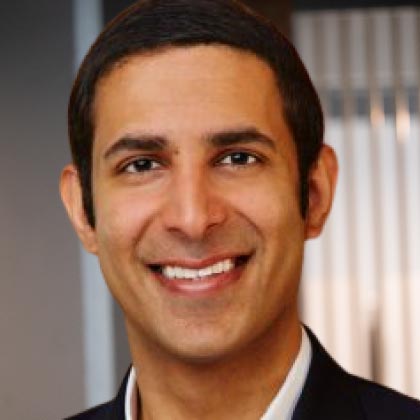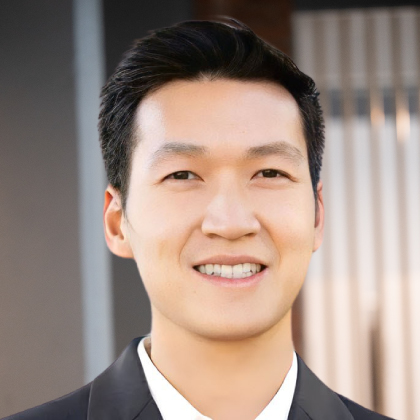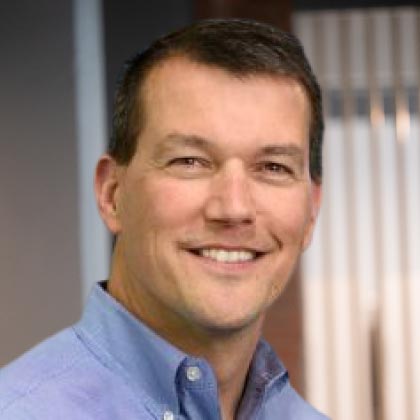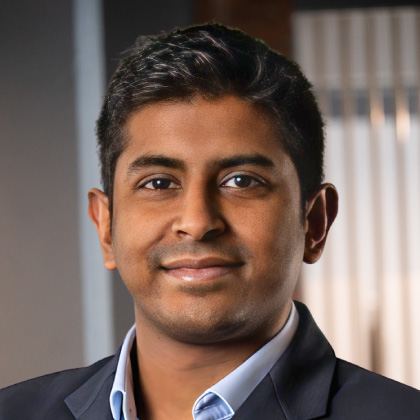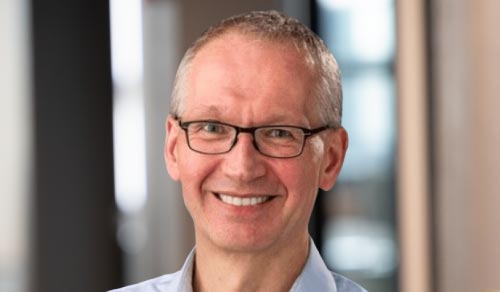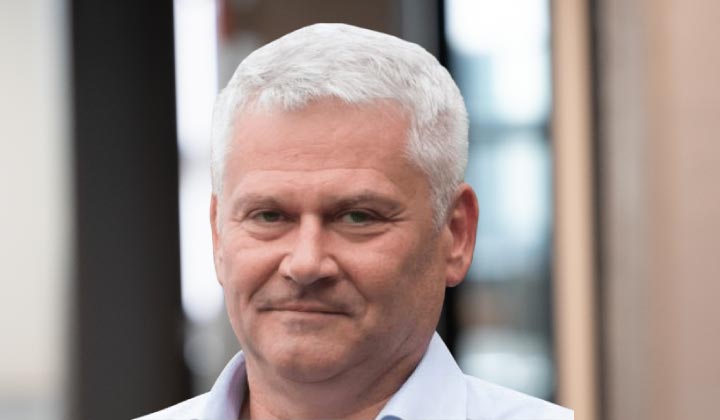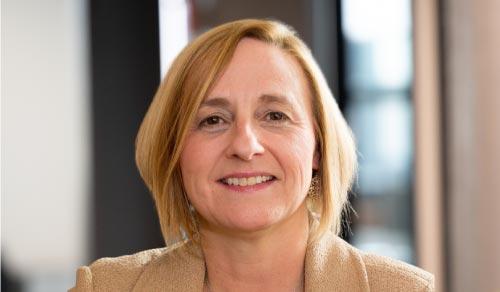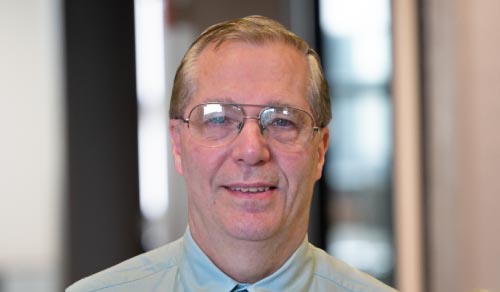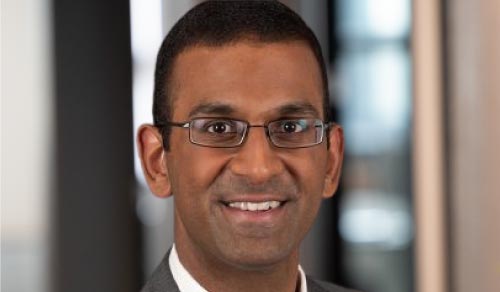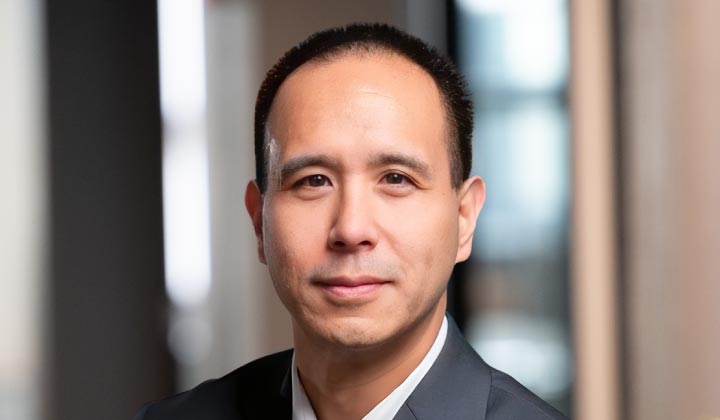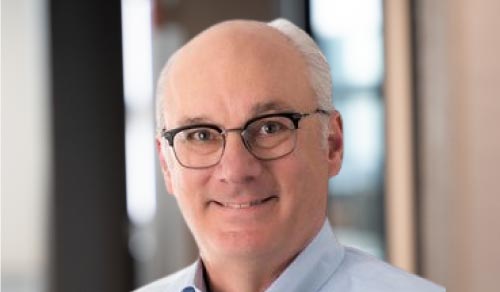
Inside Ensoma
Ensoma /en’sōmə/ is derived from the Greek phrase “en soma,” meaning in the body.
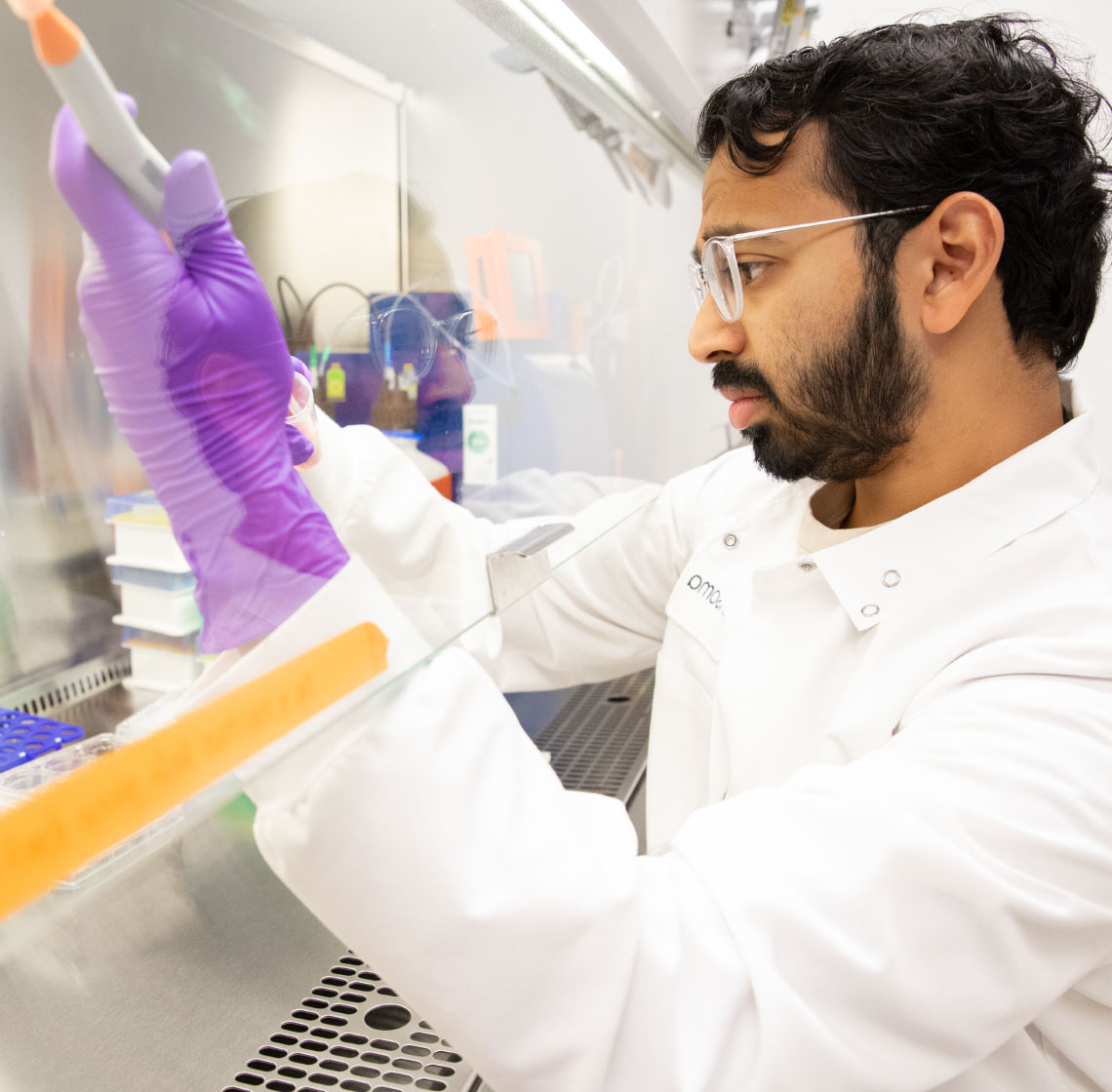
Our vision is a new genomic medicine based on engineering hematopoietic stem cells (HSC) in vivo to develop a durable source of therapeutic blood and/or immune cells that treat chronic disease.
We have the two key ingredients needed to deliver on our vision. Firstly, a phenomenal team inspired to push beyond today’s possible. Secondly, a breakthrough technology that engineers hematopoietic stem cells in vivo to enable a vast range of therapeutic opportunities.

Team Ensoma
We’re a mighty team. Some of us have long worked at the forefront of cell and gene editing, and others are just beginning our journey. But we are all pushing beyond today’s possible – together. We collaborate in the spirit of fearless scientific discovery to deliver elegant solutions to some of the greatest challenges in medicine. Our goal: a better future for patients and communities.
Leadership
For our team, realizing this vision is personal. Founded and guided by leaders drawn from the top of the cell and gene editing field, we feel an urgency and passion for our work driven by its potential global impact.
Board of Directors
Scientific Advisors
Investors











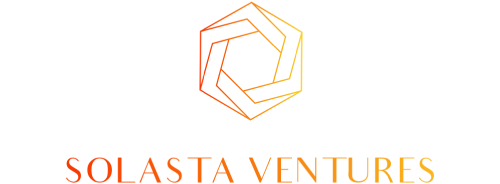


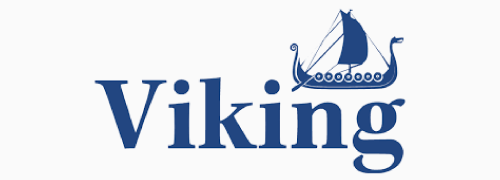

At Ensoma, our work is fueled by connection and fearless discovery. We are committed to a better future for patients, each other, and the community. Join us in our mission.
